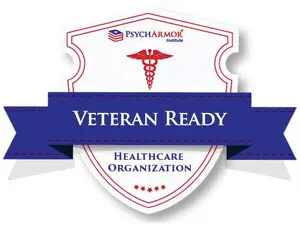Prescription Meds are Growing Problem
The Centers for Disease Control (CDC) revealed in a recent public report that the number of deaths for painkiller overdoses among women is four times higher than those from heroin and cocaine combined. Between 1999 and 2010, 48,000 women died from prescription painkiller overdoses.
CDC director Dr. Tom Frieden revealed that painkiller overdoses have increased 400% in the last ten years. Women are 50% more likely to be prescribed medication for treating pain than men. Statistics show that the highest rate of overdose appears to be among women in their 40s and 50s. The highest rate for opiate abuse comes from women in their 20s and 30s. The CDC report revealed that because women statistically have a lower body mass than men
Overdoses occur when an individual develops a tolerance for a particular drug and more & more of the substance is required to create the same feeling that the drug originally produced. Prescription painkillers like Vicodin, OxyContin, and Dilaudid are often so strong that in addition to decreasing the perception of pain, they often produce feelings of euphoria and can sedate users; sometimes slowing respiration until they simply stop breathing. This new report brings up serious concerns about the dependence that so many women have on opiate painkillers.
Seabrook is a private CARF accredited drug and alcohol treatment facility. We tailor our treatment to the individual patient’s needs in order to optimize outcomes—this often involves a combination of treatment, social supports, and other services. There is hope out there. All Seabrook programs are grounded in the Twelve Steps ofAlcoholics Anonymous (AA) and Narcotics Anonymous (NA). The Seabrook Model® of treatment includes a multifaceted medical approach to alcohol and other drugs including opiate detoxification, gender-specific therapy with special emphasis on relapse prevention, and family intervention services. Seabrook has treatment centers in New Jersey (NJ) and Pennsylvania (PA) with an outpatient office in New York (NY).



